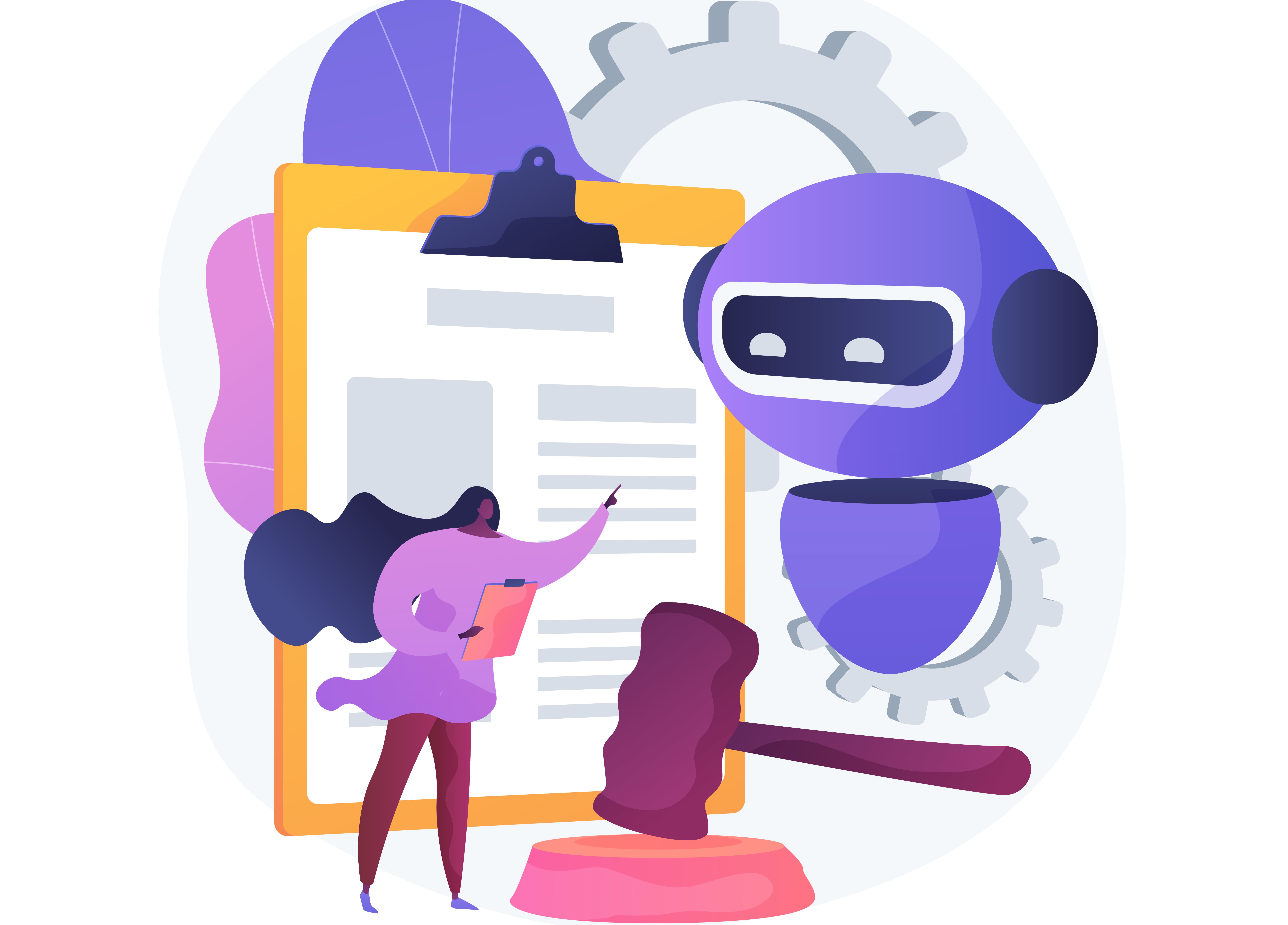Artificial Intelligence (AI) is transforming industries and professions across the globe, and the legal field is no exception. In the legal profession, AI is revolutionizing the way lawyers work by streamlining processes, improving efficiency, and reducing costs.
AI-powered tools are used for tasks such as contract review, legal research, and data analysis, allowing lawyers to focus on more strategic and complex work. For lawyers to stay ahead and know a lot in their field, they need to keep up with new things happening in AI and how it’s used in law.
In this blog, we’ll talk about how AI and law have changed the legal field over time, what it’s used for now, and what good and bad things it brings. We’ll also talk about the right ways to start using AI in law firms and legal offices, and the important things to think about, like what’s right and wrong when using AI in law. Lastly, we’ll look at examples where AI has worked well in law and what might happen next with AI in the legal world.
The Evolution of AI in the Legal Sector
AI has changed how lawyers work a lot. At first, it was mostly used to look at documents and find information, which was helpful because it could look at a lot of information quickly. However, as AI technology has advanced, its applications in law have become increasingly sophisticated and diverse.
One significant area of evolution is in contract management and analysis. Special computer programs can now read contracts and find important parts, point out things that might be risky, and even give ideas for different ways to say things. This helps lawyers save a lot of time and makes it less likely they’ll miss important details.
AI has changed how lawyers find information for cases. It helps them find the right laws and past cases faster and more accurately. AI can understand legal documents using a special technology called NLP. This makes searching for information quicker and better.
AI also helps predict what might happen in legal cases. By looking at what happened before, AI can guess what might happen next. This helps lawyers plan better and give better advice to their clients.
Additionally, AI is being used to enhance legal workflows and streamline processes across law firms and legal departments. From automating routine tasks to optimizing resource allocation, AI-driven solutions are improving efficiency and productivity in the legal sector.
Related Article: AI For Legal Documents: Your Essential Guide
How AI is Transforming Legal Research?
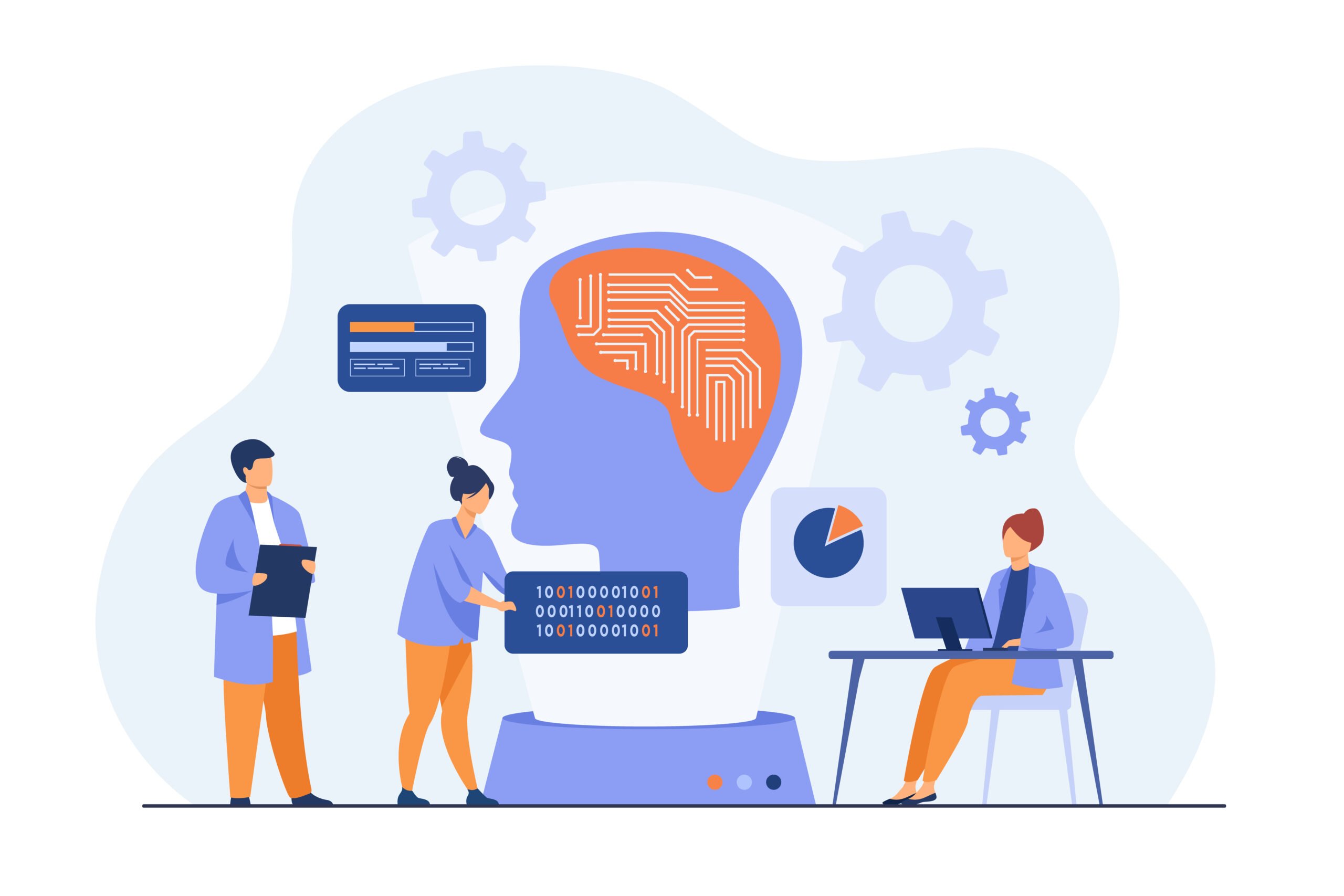
AI is revolutionizing legal research by enhancing efficiency and accuracy. Through machine learning algorithms and generative AI, tasks like data analysis and document review are automated, saving valuable time. Legal professionals now rely on AI tools for faster and more precise information retrieval within vast legal databases.
AI is revolutionizing the landscape of legal research by significantly enhancing efficiency and accuracy. Traditionally, legal research involved laboriously sifting through volumes of documents and case law to find relevant information. However, with the advent of AI-powered tools, this process has been streamlined and expedited.
These tools use fancy math to look at a lot of information fast. They can understand hard legal stuff and find the important bits accurately. Using AI saves time for lawyers and helps them find better information. It finds things that might have been missed before. This makes their work better.
With AI, lawyers can focus on putting information together, making strong arguments, and giving good advice to their clients. This helps clients make better decisions and win more cases.
AI’s Impact on Legal Document Analysis
AI’s impact on legal document analysis is profound, revolutionizing how legal professionals handle vast amounts of information efficiently. AI, using machine learning and deep learning methods, can speedily go through lots of legal papers. This helps with tasks like analyzing contracts, doing due diligence, and researching case law.
AI is profoundly impacting legal document analysis, revolutionizing how lawyers handle large volumes of documents. Traditionally, analyzing legal documents like contracts, agreements, and court filings was a time-consuming and labor-intensive task. However, AI-powered document analysis tools are changing this paradigm by offering unparalleled efficiency and accuracy.
These tools employ advanced natural language processing (NLP) algorithms to comprehend and categorize legal texts swiftly and accurately. By recognizing patterns, key terms, and relevant clauses, AI can extract critical information from documents with remarkable precision. This not only saves significant time for legal professionals but also reduces the likelihood of errors and oversights.
Moreover, AI-driven document analysis tools can identify discrepancies, risks, and opportunities within documents, empowering lawyers to make more informed decisions. AI helps lawyers by doing basic tasks like looking at documents automatically. This lets lawyers spend more time on important things like planning legal strategies and advising clients. Overall, AI’s impact on legal document analysis is transformative, enhancing efficiency, accuracy, and the overall quality of legal services.
Related Article: Effectively Use AI In Contract Drafting
Are There Any Laws for AI?
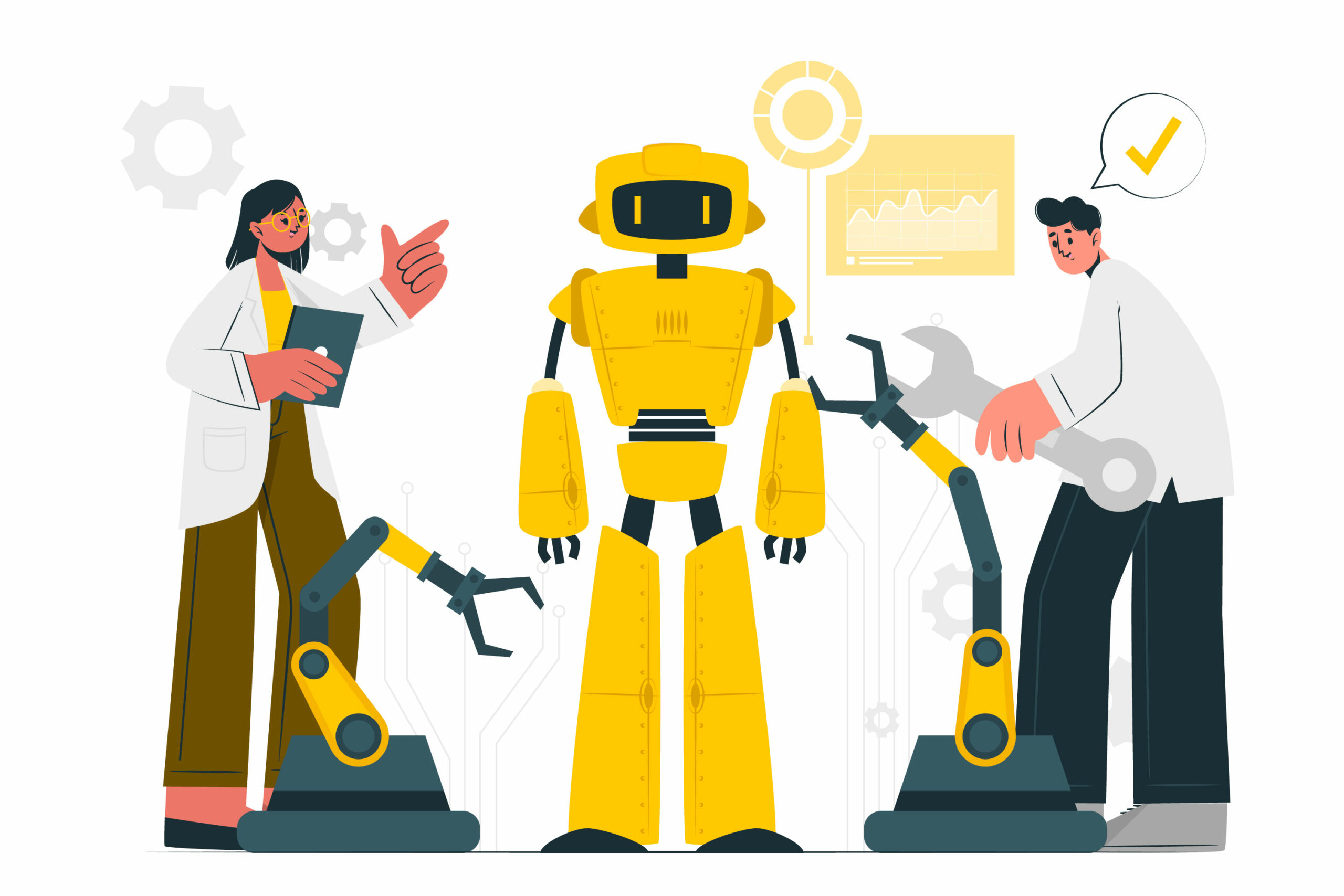
As of now, there aren’t comprehensive, universally applicable laws specifically dedicated to regulating AI. But, different countries and areas are starting to make rules and suggestions to handle the moral, legal, and social impacts of AI technologies. These initiatives typically focus on specific aspects of AI, such as data privacy, algorithmic transparency, accountability, and potential biases.
For instance, some countries have enacted or proposed legislation related to data protection and privacy, such as the General Data Protection Regulation (GDPR) in the European Union. These regulations apply to AI systems that process personal data and impose requirements for transparency, consent, and data security.
Additionally, there are efforts to establish principles and guidelines for the ethical development and deployment of AI. Organizations like the IEEE (Institute of Electrical and Electronics Engineers) and the OECD (Organisation for Economic Co-operation and Development) have published ethical frameworks to promote responsible AI innovation and use.
Furthermore, industry-specific regulations may indirectly impact AI applications in fields like healthcare, finance, and transportation. For example, regulations governing medical devices may apply to AI-powered healthcare technologies.
While there isn’t one set of rules for AI all around the world, things are changing fast. People like policymakers, businesses, and ethicists are trying to figure out how to deal with the tricky issues that come with AI. As AI gets better, we’ll probably see more laws and rules made specifically for it, to deal with its special legal and ethical problems.
Related Article: Can AI Replace Lawyers? Exploring The Future Of Legal AI
How to Implement AI in Law Firms and Legal Departments?
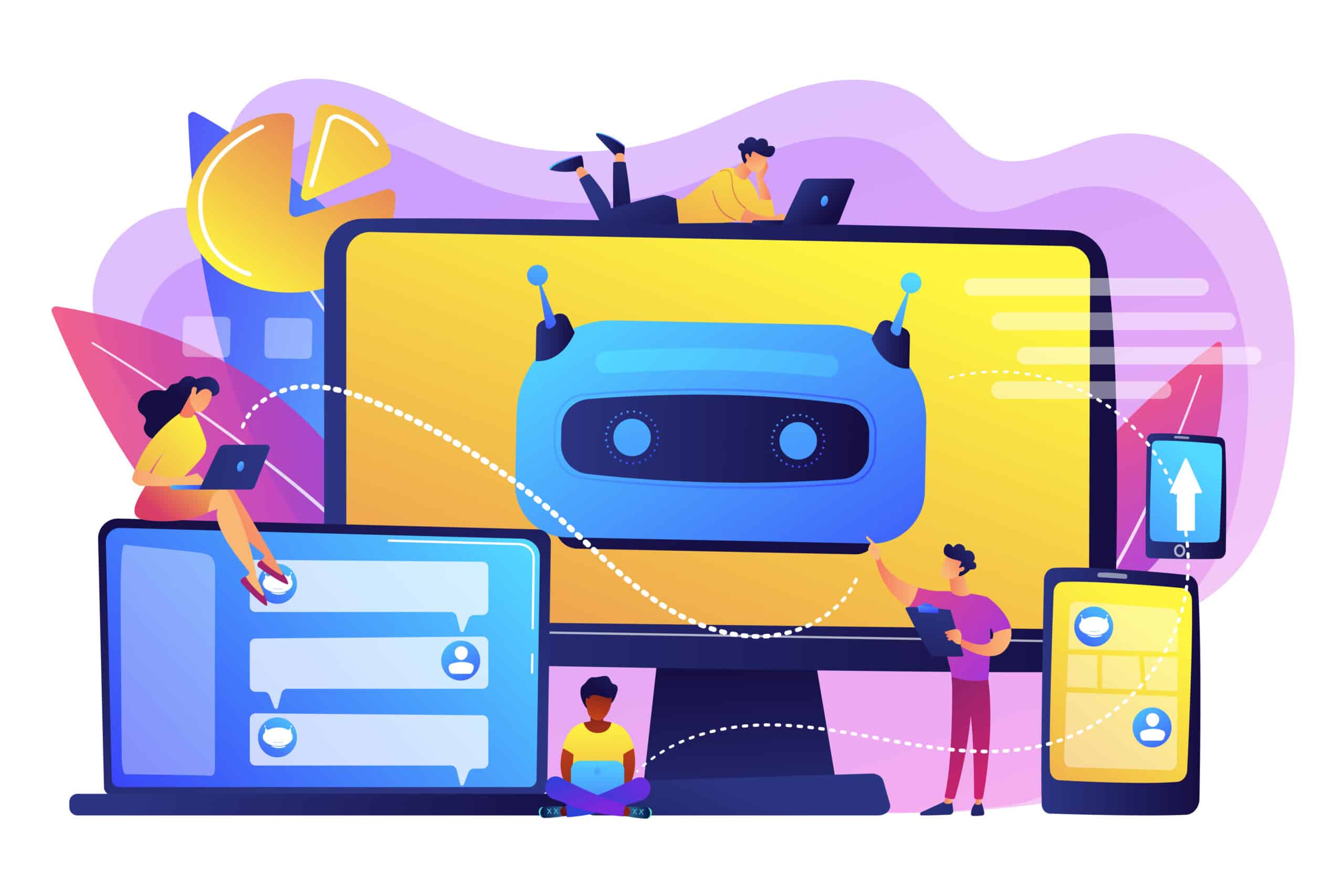
Implementing AI in law requires careful planning and consideration to ensure successful integration into existing workflows and practices. Here’s a step-by-step guide to implementing AI in the legal sector:
- Assess Workflow Needs: Begin by conducting a thorough assessment of your firm’s or department’s workflows to identify areas where AI can add value. Consider tasks that are repetitive, time-consuming, or prone to errors.
- Select Suitable AI Tools: Research and evaluate AI tools and solutions that align with your specific needs and objectives. Look for tools that offer features such as natural language processing, document analysis, and predictive analytics.
- Provide Training to Staff: Offer comprehensive training programs to familiarize legal professionals with AI tools and technologies. Ensure that staff members understand how to use the tools effectively and integrate them into their daily work routines.
- Start with Pilot Projects: Begin implementing AI in small, manageable pilot projects to test its effectiveness and gather feedback from users. This approach allows you to identify any challenges or issues early on and make adjustments as needed.
- Gradually Integrate AI into Processes: As people get more used to AI, we can slowly use it more in different parts of the law. Monitor performance metrics and user feedback to track progress and identify opportunities for improvement.
- Overcome Resistance to Change: Address any resistance to change by communicating the benefits of AI adoption and providing support and resources to staff members. Encourage collaboration and participation in the implementation process to foster a culture of innovation and continuous improvement.
- Ensure Data Security and Compliance: Implement robust data security measures to protect sensitive information and ensure compliance with relevant regulations and standards. Choose AI vendors that prioritize data privacy and offer secure solutions.
- Monitor and Evaluate Performance: Continuously monitor the performance of AI systems and evaluate their impact on productivity, efficiency, and outcomes. Regularly review and refine implementation strategies based on feedback and lessons learned.
Related Article: CLM software for Legal Teams
Staying Up to Date with AI and Law
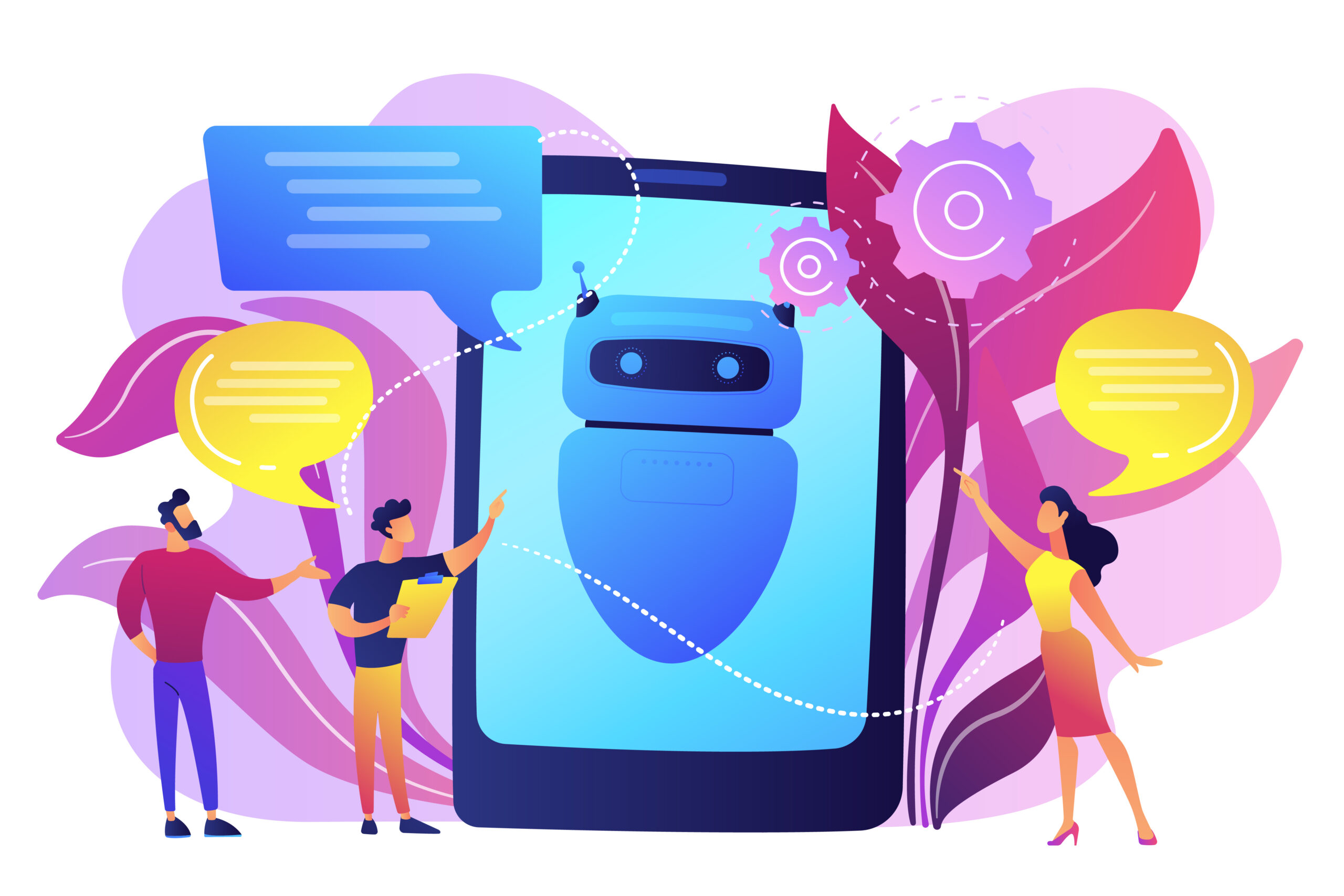
Staying up to date with the latest developments in AI and its applications in law is crucial for legal professionals who want to remain competitive and informed in their field. Here are some strategies to stay informed:
- Subscribe to Industry Publications: Sign up for magazines or websites that talk about both law and technology. They often share useful information, like new ideas, studies, and stories about how AI is used in law.
- Attend Conferences and Workshops: Attend conferences, seminars, and workshops focused on AI and law. These events let you learn from experts, meet others in your field, and keep up with new technologies, good ways of doing things, and any new rules.
- Join Professional Associations and Groups: Join professional associations and online communities dedicated to AI, law, or legal technology. These groups often have meetings, online talks, and places to chat where members can share what they know, ask things, and keep up with what’s happening in the industry.
- Take Continuing Education Courses: Enroll in continuing education courses or certification programs that cover AI and its applications in law. These courses provide in-depth knowledge and practical skills for integrating AI into legal practice.
- Engage with AI Tools and Platforms: Experiment with AI tools and platforms designed for legal professionals. Trying out AI tools yourself helps you understand what they can do, what they can’t, and how you can use them in your work.
- Stay Informed about Regulatory Changes: Stay informed about regulatory changes and guidelines related to AI and data privacy. Compliance with laws and regulations governing AI use is essential for ethical and responsible practice.
Related Article: Top Contract Management Tips For Legal Professionals
AI-Powered Contract Management Software
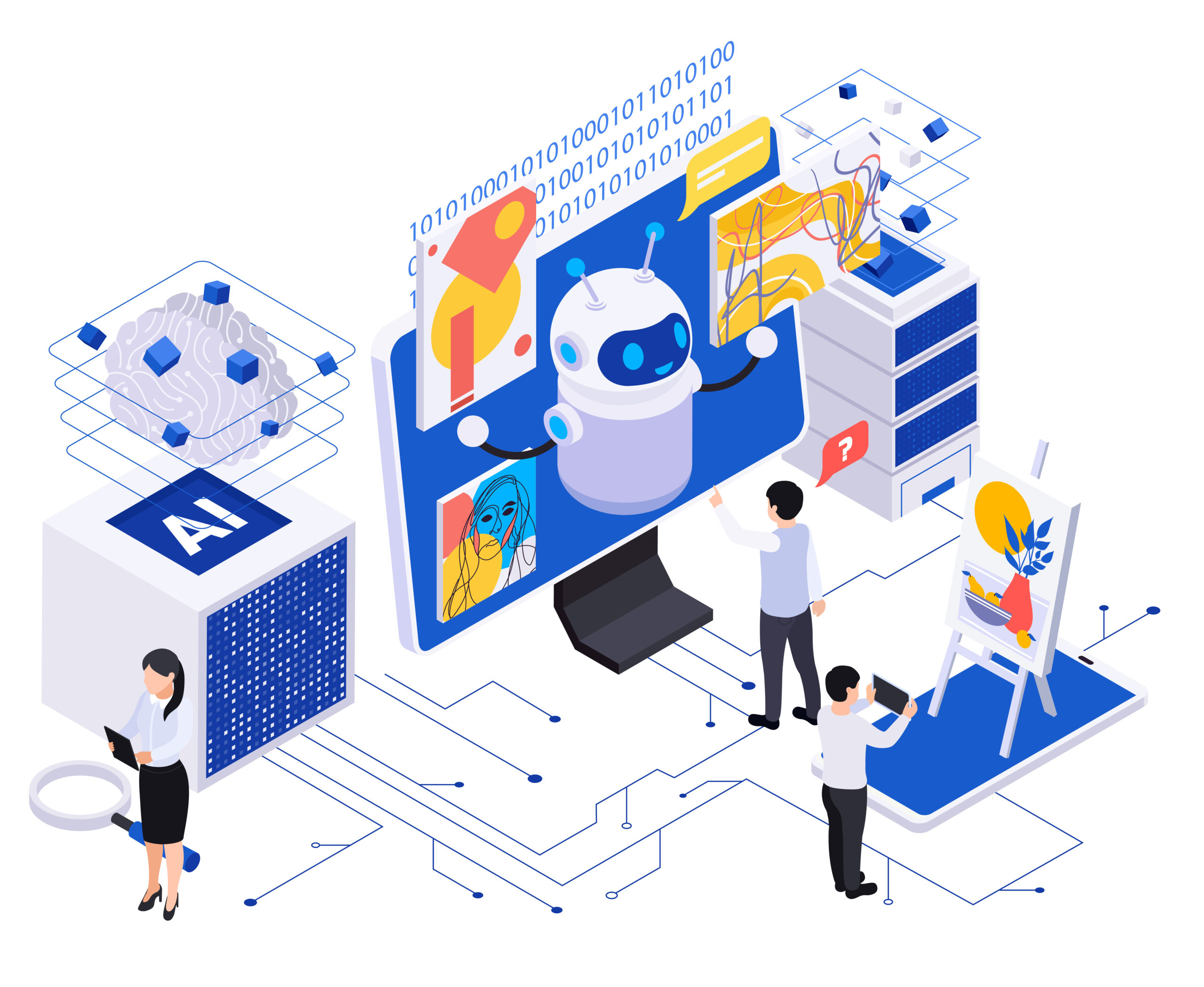
AI-powered contract management is transforming the legal sector by enhancing efficiency and accuracy. Legal pros can make contract checking easier by using smart computer programs that learn and understand a lot. This helps them follow the law better. Companies like Volody are at the forefront of developing advanced tools for AI contract management, providing industry experts with improved methods for handling extensive amounts of data.
This innovative approach not only leads to better legal outcomes but also boosts the overall efficiency of law firms. AI can do tasks that used to take a long time much faster. This means lawyers can spend more time on important things instead of routine work.
Additionally, AI-powered contract management software can help identify potential risks and inconsistencies in contracts, enabling proactive risk management and compliance. As technology keeps getting better, it will have a bigger effect on the law. This will make managing contracts easier and help lawyers do their work even better.
Dispute Resolution through AI Mediation Tools
Dispute resolution through AI mediation tools is increasingly revolutionizing the legal field. Leveraging machine learning and deep learning algorithms, these tools offer efficient and unbiased solutions for conflicts. Industries such as criminal law and intellectual property law are benefiting from faster legal outcomes.
Tools like Google’s ChatGPT are changing how the law works by making mediation more fair and accurate. This means when people have disagreements, AI can help solve them in a way that’s fair for everyone. This is good for both law firms and people who want fair solutions to their problems because it helps things get sorted out faster and in a way that feels right.
You might want to check out our Free trial of CLM software
FAQs
What are the main benefits of using AI in law?
Let’s talk about how AI helps in law. It makes things faster by doing tasks automatically. AI also helps in finding information accurately when lawyers are doing research. When there are lots of documents to go through, AI makes it easier to understand them quickly.
Plus, AI can help lawyers make better decisions by showing them useful information from data. So, using AI in law can save time, make work more precise, and help lawyers make smarter choices.
How can law firms start implementing AI?
To begin using AI, law firms should first look closely at how they do things. Then, they can pick the right AI tools for their needs. After that, they need to teach their staff how to use these tools.
They should slowly start using AI in different parts of their work. It’s important to convince everyone to accept these changes and to keep information safe. So, by planning well and making sure everything is secure, law firms can smoothly bring AI into their work.
Are there any legal risks associated with using AI in practice?
Using AI in law has some risks, like when it doesn’t keep people’s information private when it makes unfair decisions because of biased rules, or when it makes mistakes and no one takes responsibility. Rules are changing to deal with these worries. To avoid legal problems, it’s important to put protections in place and be clear about how AI works. This helps make sure that AI is used safely and fairly.
How can AI help streamline legal research and case analysis?
AI streamlines legal research by quickly analyzing vast information databases and identifying relevant case precedents. It enhances case analysis through data-driven insights, improving decision-making processes. By automating repetitive tasks, AI allows legal professionals to focus on higher-value work efficiently.
Conclusion
In today’s changing legal world, it’s really important to keep up with how AI is getting better. AI helps a lot in legal work, like doing research and making things run smoother. But we need to think about important things like being fair and keeping people’s information safe. Using AI in law can make things go well, like managing contracts and solving arguments.
Thinking ahead with tools like predictive analytics can help lawyers plan better. AI is going to be a big part of the future of law, and it looks like it will be good. Law firms can start using AI by solving problems and ensuring everyone knows how to use it. We need to make sure we’re being fair and doing things right while we use AI in law.

